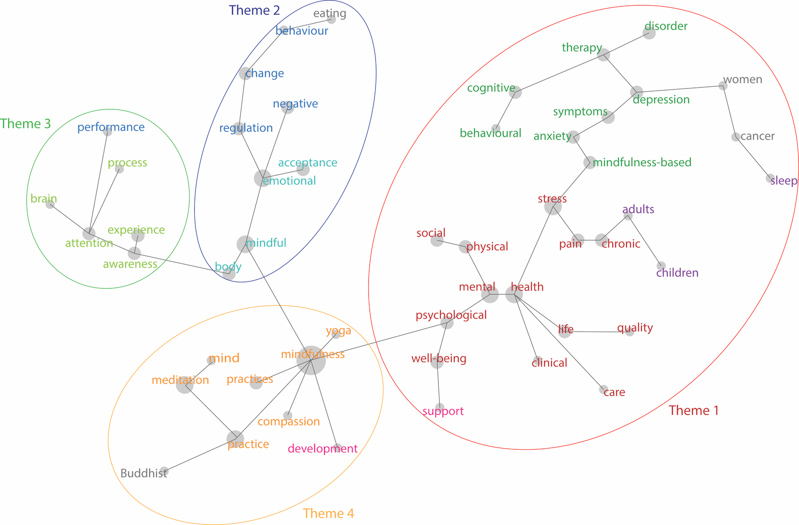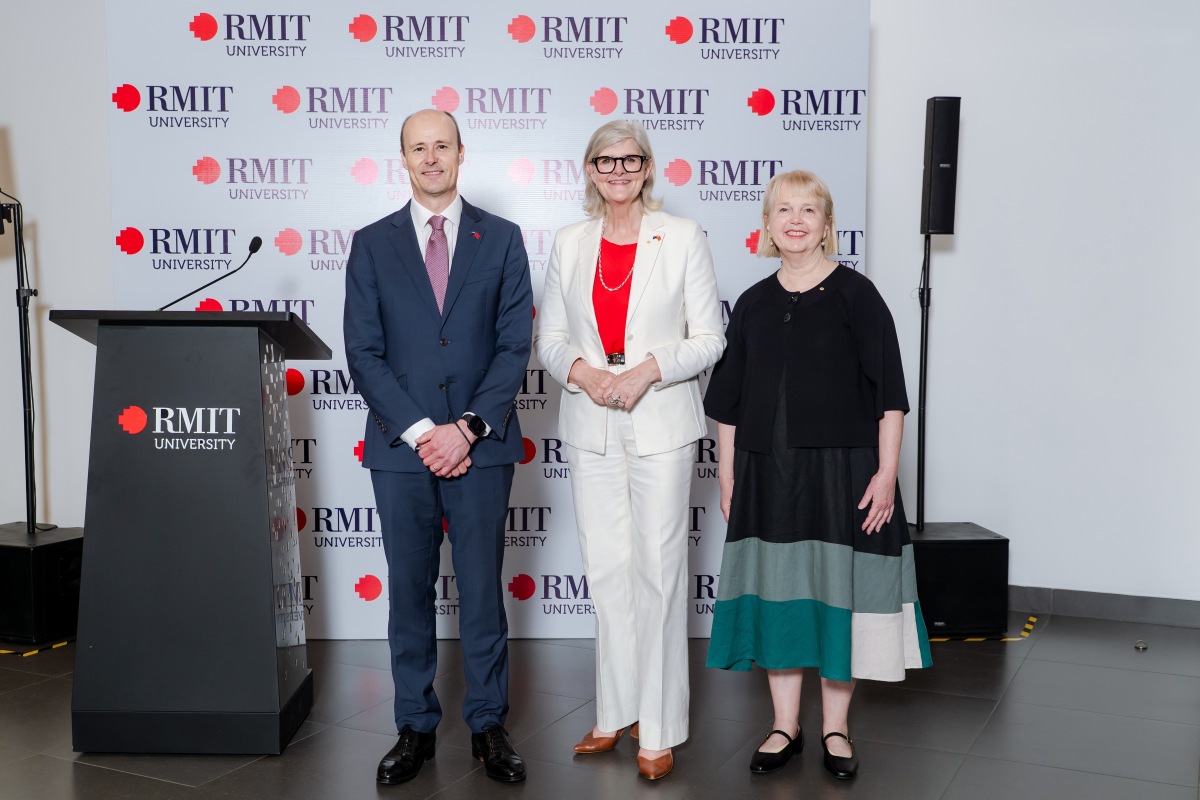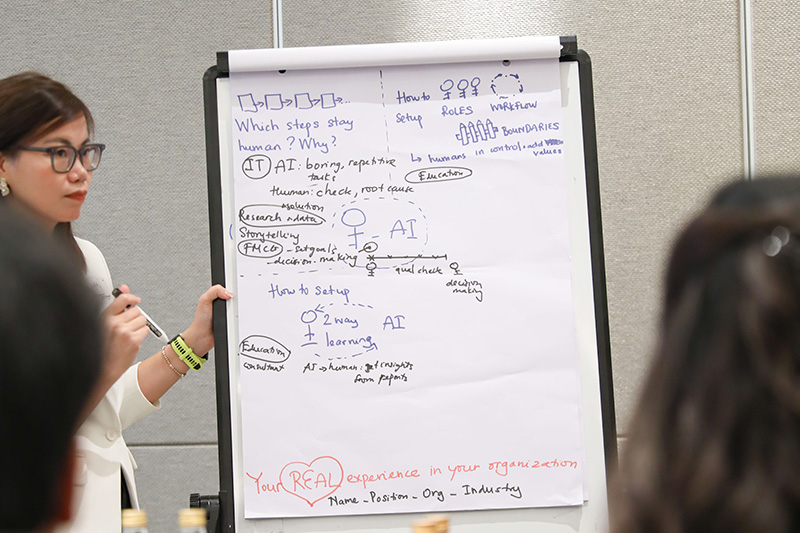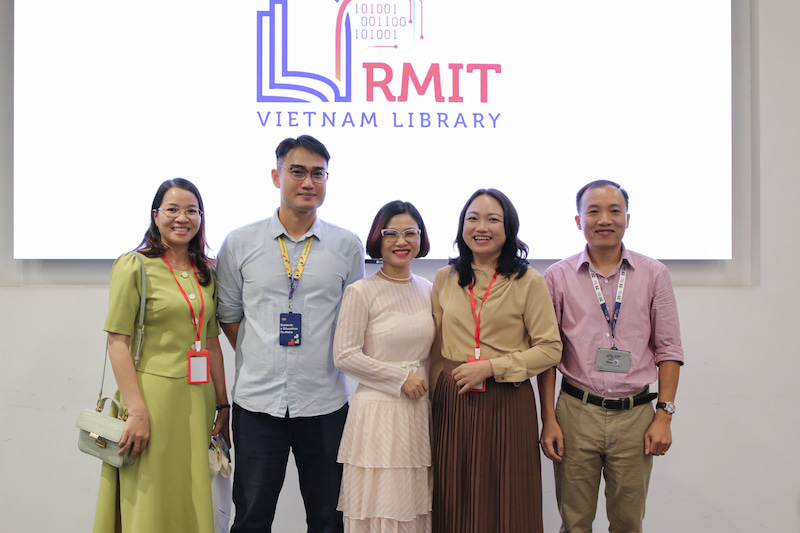The research outcome supports health policymakers to set a cornerstone to regulate mindfulness practices in healthcare settings, identify whether mindfulness is a treatment or a therapy (or both) in healthcare contexts, and set criteria for scientific assessments of mindfulness practices. It also helps researchers in healthcare research to choose the most appropriate definition and measurement for their research.
Phan Nhat Tram (aka. Phan-Le Nhat Tram), the lead author and a PhD candidate at RMIT University, said that in healthcare settings, mindfulness emerges as both a treatment and intervention, not only for patients but for healthcare workers also.
“Mindfulness is considered a tool to prevent and treat disease, increase the ability to cope with pain and chronic illness, and reduce stress,” she said.
“For healthcare workers, mindfulness is featured in healthcare training to reduce stress, foster compassion, and reduce medical errors, and outside of healthcare, mindfulness is practised in schools, prisons, corporations, sports teams, and through mobile apps.”
Mindfulness has become a billion-dollar capitalised industry. As of May 2020, more than 20,000 books featured mindfulness on Amazon, promoting the benefits of mindful sleeping, mindful teaching, mindful painting, mindful leadership, and a mindful nation, to name a few. The most popular mindfulness app Headspace has 31 million users worldwide.
However, Tram said that there is an argument regarding the ‘manipulation’ of mindfulness, especially in healthcare practice settings.
“Some Buddhist commentators are critical of mainstream mindfulness that is marketed as equivalent to Buddhist practice, while being ungrounded in the traditional reflective morality of Buddhist ethics,” she said.
“These critics use the term ‘McMindfulness’ to question the use of mindfulness as a marketing image of an idealised lifestyle.”
Although currently there is no scientifically operationalised definition of mindfulness that has been acceptable, the team shows an impactful definition in healthcare contexts with over 4,000 citations in Google Scholar [as of July 2022] which is provided by the Mindfulness-based stress reduction (MBSR) program.
In MBSR, mindfulness is defined as “the non-judgemental acceptance and investigation of present experience, including body sensations, internal mental states, thoughts, emotions, impulses and memories, in order to reduce suffering or distress and to increase well-being”.
“In this school of thought, mindfulness is conceptualised as an act or a behaviour that leads to affective and cognitive outcomes,” Tram explained.
Although this definition is useful in Kabat-Zinn’s MBSR programs, it is not applicable in contexts where mindfulness is considered as a lifestyle or a trait, especially in daily life. This scenario applies for other mindfulness definitions and thus, there are on-going debates about what is and what is not ‘mindfulness’ in difference contexts and research domains. These divergent and conflated meanings are limiting deeper interdisciplinary research. Interventions designed in one practice context may not be useful in other contexts because meaning is not transferred between settings. The team aims to identify research domains of mindfulness and the definition of mindfulness in each domain.
Their study comprises two stages, including a scoping review of mindfulness classifications (stage 1) and a comparative content mapping of mindfulness studies from 2015 to 2021 using a data-mining software (stage 2).
The findings from stage 1 show that there are three shared domains in mindfulness classifications including:
- Short-term effects of mindfulness,
- Long-term effects of mindfulness, and
- Mindfulness practices.
The short-term effects of mindfulness look at its effects on a certain state of mind. Practices in this domain are mostly in clinical settings and intentional with the descriptions sharing the following elements: purpose or intent, present moment, and non-judgement.
The long-term effects of mindfulness examine its effects on traits and behaviours including self-awareness, conceptualising and metacognitive. The long-term effects incorporate the outcomes of mindfulness practices, such as the ability to focus on present experience, open mindedness, and awareness of self. This domain includes elements such as awareness and attention, as well as intentionality and purpose, but is premised on the idea that these skills can be taught, leading to enhanced experiences.
The final shared domain is the mindfulness perspectives which focus on the study of mindfulness practices, including their origin and their process in use for research purpose. Most research in this domain is concerned with whether a certain mindfulness practice is practised or researched according to an established scientific or religious process. The main debate within the mindfulness perspectives domain is whether contemporary mindfulness practices are stripping away the ethical values of the original Buddhist/Hindu practices. Consequently, the debate in this area is one of epistemology, axiology, and the moral worthiness of what is and is not ‘mindfulness’ from different perspectives. In this context, axiology comprises both ethical and aesthetic value.





